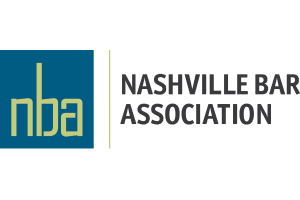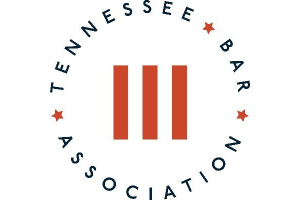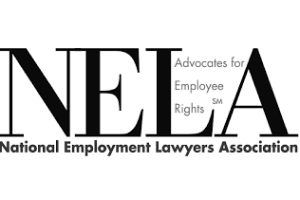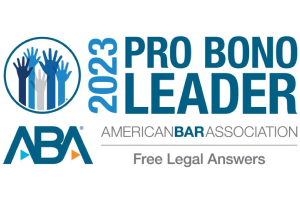for Workers
Retaliation for Reporting Fraudulent Medical Billing Practices
Nashville Retaliation Attorney Fighting For Tennessee Whistleblowers
Whistleblower Retaliation – False Claims Act Retaliation
Doing what’s right takes courage. Retaliation is a very real concern for employees who wish to speak out against a company’s fraudulent billing practices. Employers who retaliate against employees for raising fraud concerns seek to instill fear in their workforces so they can continue their illegal billing schemes. Do not be discouraged. Nashville Retaliation Lawyer Curt Masker has experience handling retaliation claims under the federal False Claims Act and can help you assert your legal rights.
The False Claims Act is a federal law designed to encourage individuals with knowledge of suspected fraud to come forward and to take steps to prevent such fraud. In furtherance of this goal, the anti-retaliation provision of the federal False Claims Act (FCA) protects employees, contractors, agents, and other associates of a company who raise red flags about possible fraud against the government.
The protections under the FCA prohibit employers from taking any of the following actions against an individual who engaged in protected activity:
- Discharge
- Demote
- Suspend
- Threaten
- Harass
- Otherwise discriminate against in the terms and conditions of employment
To be protected, an employee must have engaged in protected activity. “Protected activity” includes: (1) lawful acts completed in furtherance of an action under the FCA; and (2) other efforts to stop 1 or more FCA violations. Thus, employees are protected “while they are collecting information about a possible fraud, before they have put all pieces of the fraud together.” Jones-McNamara v. Holzer Health Sys., 630 F. App’x 394, 399 (6th Cir. 2015).
In practical terms, this means the following activities are likely protected:
- Speaking out against improper billing of Medicare and/or Medicaid/TennCare, e.g., upcoding or double billing
- Reporting improper kickbacks to refer patients for services billed to Medicaid/TennCare
- Refusing to bill Medicaid/TennCare for medically unnecessary services
- Opposing the billing of Medicaid/TennCare for services rendered by uncredentialled providers
What qualifies as “protected activity” is very fact intensive and speaking with a False Claims Act retaliation attorney serving Nashville is highly recommended.
A complaint about possible fraudulent billing does not need to contain magic words or specifically mention “fraud.” Rather, it only needs to put the employer on notice that litigation is reasonably possible. An employee can establish an FCA retaliation claim even if there is no actual fraud or other violations of the FCA as long as the employee has an objectively reasonable belief that the employer is violating, or will soon violate, the FCA. In other words, a whistleblower does not need a winning qui tam claim, rather he or she need only act to stop the fraud.
Damages for Whistleblower Retaliation Under the FCA
If you suffered from retaliatory discharge in violation of the FCA, you may be entitled to significant damages, including but not limited to:
- Double back pay
- Interest on back pay
- Emotional distress and reputation damages
- Attorney’s fees and costs
Unlike many other federal laws, there are no caps on compensatory damages under the FCA. Thus, a successful whistleblower may recover substantial damages for retaliation suffered in violation of the Act.
Statute of Limitations – False Claims Act (Federal)
Federal FCA retaliation claims must be filed within 3 years after the retaliation occurred. There is no administrative exhaustion requirement for FCA retaliation claims. 31 U.S.C. § 3730(h)(3).
Contact a Nashville Retaliation Attorney Today
Workers have the right to report potential illegal activities without the fear of employer backlash. If you have been retaliated against after speaking out against improper and fraudulent medical billing, contact Retaliation Lawyer Curt Masker right away at 615-200-0241 or email him.














